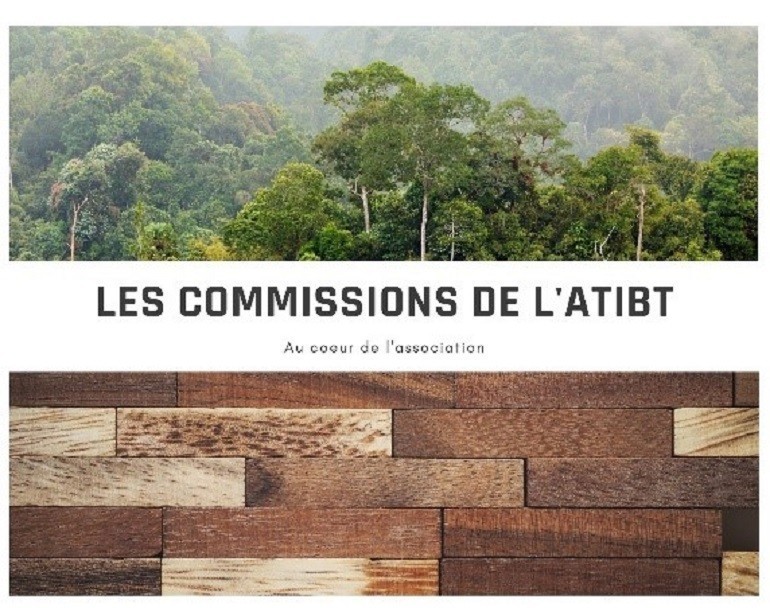

19.04.2024
The Carbon & Biodiversity Commission published its 11th Watch this week. Here are the headlines. The full report is available to ATIBT members on request.

The sixth ATIBT think-tank was held on Monday 25 and Tuesday 26 March 2024 at the Indochina Pavilion of the Jardin d'Agronomie Tropicale in Nogent-sur-Marne. Bringing together around thirty face-to-face participants and almost forty remote participants on each day, it provided an opportunity to open up discussions on two crucial issues for the forestry and timber industry: lobbying for sustainable forest management (day 1) and innovative finance (day 2).
The Carbon and Biodiversity Commission took part in the discussions on these two theme days, as a speaker on the day on lobbying and as co-organiser of the day on innovative finance.
The newsletter present below, from the Commission's point of view, the key points from these two days of rich debate.
The SBTi, having revised its Corporate Net-Zero standard, now allows the use of carbon credits from voluntary markets to reduce companies' indirect emissions. Although this approach is being debated, it is seen as a way of encouraging companies to accelerate the decarbonisation of their value chains while improving technologies to eliminate emissions at source. Reactions are mixed: some see it as a positive step, while others criticise the robustness of the offset market and the effectiveness of credits for real emissions reductions. This development is sparking a major debate on the balance between technological innovation and the use of offsets to achieve climate targets.
On Wednesday 10 April 2024, the renowned international scientific journal "Nature" published an article confirming that tropical forests managed by FSC-certified companies are home to more large mammals than non-FSC forests.
The three-year study by Joeri Zwerts of Utrecht University and his team, with support from WWF and WCS, analysed and compared 1.3 million photos collected by almost 500 trap cameras in 14 forest concessions (seven non-certified forests and seven FSC-certified forests) in Gabon and the Republic of Congo.
The study found that 2.7 times more critically endangered mammals, such as gorillas and elephants, were observed in FSC-certified forests. This result underlines the effectiveness of the measures implemented in certified forest concessions to protect biodiversity.
This is a fine endorsement for FSC-certified forestry companies in the Congo Basin, proving once again the importance of certification for biodiversity, and an important reminder that sustainable management continues to be an effective tool in tropical forests, and that its standards translate into tangible impacts.
***
As always, the Carbon Commission's Watch concludes with members' news and upcoming events.